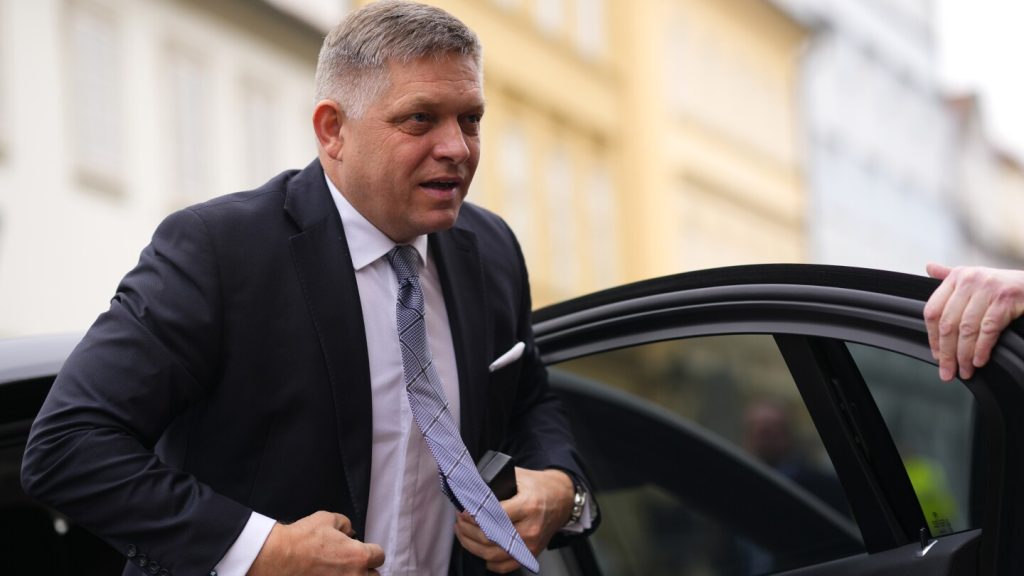In Bratislava, Slovakia, the parliament has approved a government plan to overhaul the country’s public broadcasting services, a move that has faced criticism for potentially giving the government full control of the media. Prime Minister Robert Fico, who is currently recovering from injuries sustained in an assassination attempt, stated that the changes are necessary because the services are politically biased and in conflict with the government. The plan, approved on April 24, has sparked protest rallies organized by opposition parties, local journalists, and international organizations, including the European Union. Critics are concerned that the government’s control over the media could threaten press freedom and democracy in the country.
Former President Zuzana Čaputová and her successor, Petr Pellegrini, both vocal critics of the plan, have raised objections to the government’s takeover of the public broadcaster, RTVS. The approval of the changes in the 150-seat parliament saw support from coalition lawmakers, while opposition members boycotted the vote in protest. Employees of RTVS staged a protest in front of the parliament building, expressing their concerns over the future of the media landscape in Slovakia under the new organization.
Culture Minister Martina Šimkovičová, representing the Slovak National Party, drafted the takeover plan, leading to the creation of a new broadcaster known as Slovak television and radio (STVR). Šimkovičová has been criticized for her affiliation with an internet television outlet known for spreading disinformation. She argued that the current broadcaster only presents mainstream views and censors others, a claim disputed by RTVS. Under the new plan, the director of STVR will be selected by a council appointed by the Culture Ministry and parliament, raising concerns about potential government influence over editorial decisions.
During the parliamentary debate, opposition lawmaker Zora Jaurová condemned the changes as unnecessary and accused the government of attempting to remove the current director-general and take control of the broadcaster. Critics fear that Slovakia, under Fico’s leadership, may veer away from its pro-Western course and align more closely with Hungary under Viktor Orbán’s populist government. The implications of the government’s control over the media could have far-reaching consequences for democracy and freedom of expression in Slovakia, prompting ongoing protests and international scrutiny.
Despite the widespread criticism and opposition to the government’s plan to overhaul public broadcasting services, the coalition government under Prime Minister Fico remains determined to push through the changes. With the approval of the new organization, STVR, and the selection process for the director, concerns about press freedom and government interference in the media remain at the forefront of the debate. As Slovakia navigates this contentious issue, the future of its media landscape and democratic principles hangs in the balance, with local journalists, opposition parties, and international observers closely monitoring the situation for any signs of escalating threats to free speech and independent journalism in the country.


